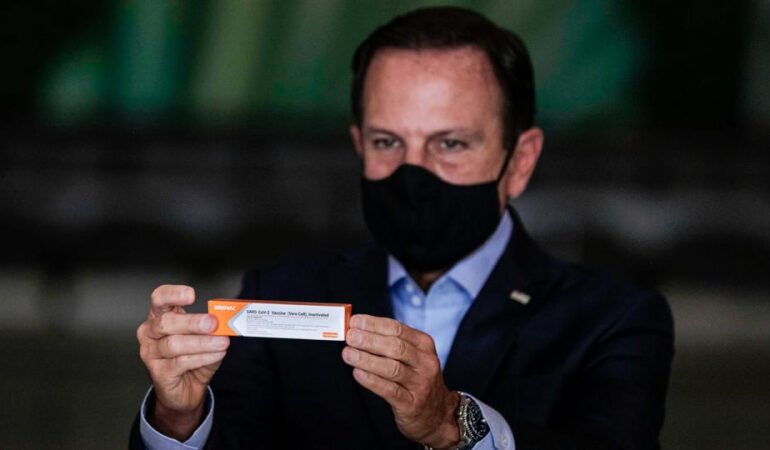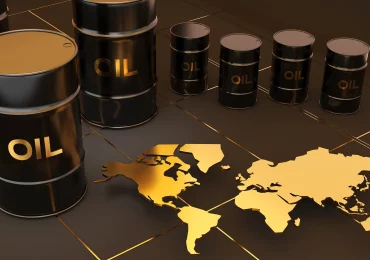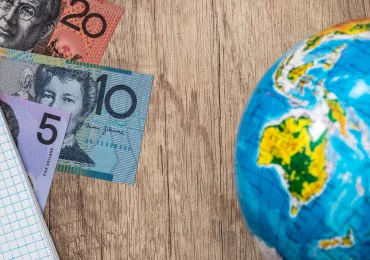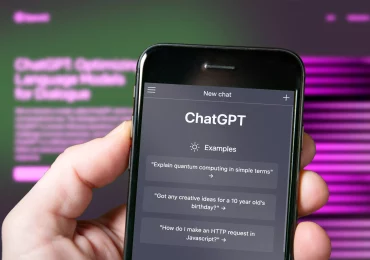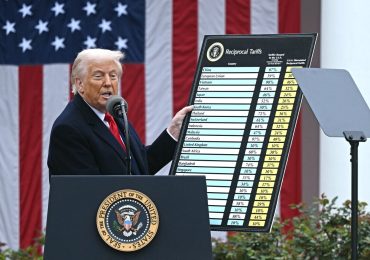China’s ‘vaccine diplomacy’ efforts hit a snag on Monday as Brazilian health regulator Anvisa said that Chinese health authorities had not been transparent about their experimental Covid-19 vaccines, one of which is currently being tested in Sao Paulo.
Anvisa which is assessing the CoronaVac shot developed by China’s Sinovac Biotech said that Brazil was the “international leader” in the evaluation process for the experimental vaccine, Reuters reported.
The health regulator noted that while the vaccine has had an emergency use authorization in China since June, the country’s authorities have not been transparent about the criteria used for granting this authorization.
However, Joao Doria, the governor of the Sao Paulo state where CoronaVac is being trialed said that efficacy data for the shot will be released on December 23 and he expects the state to begin inoculating residents in January.
The vaccine trial has become a political football in Brazil, one of the worst-hit nations with nearly 182,000 Covid-19 deaths, with the country’s president Jair Bolsonaro pushing in November for a suspension in the trials that have been championed by Doria, a leading critic of the far-right president’s handling of the crisis and tipped to run against him for the presidency in 2022.
Bolsonaro who has been a constant critic of China has also repeatedly raised doubts about the Sinovac vaccine’s efficacy.
Any large-scale vaccination will need approval from mostly apolitical Anvisa, which has seen the appointment of Bolsonaro’s allies in recent months.
BIG NUMBER
86%. That’s the purported effectiveness of the other major Chinese vaccine made by Sinopharm in preventing Covid-19 infections, health officials from the United Arab Emirates had claimed last week, while providing scarce details. Chinese officials have not released any data about the efficacy of either Sinopharm or the Sinovac made vaccines.
KEY BACKGROUND
As most European and North American nations look to buy up limited supplies of major Covid-19 vaccines, China has undertaken a different approach by offering its locally developed shots to developing nations in Asia, Latin America and Africa. The outreach branded ‘vaccine diplomacy’ is being seen by some as an effort by Beijing to win diplomatic favor and mend any damage to its image caused by its initial mishandling of the Covid-19 outbreak in Wuhan earlier this year. While the vaccines developed by Pfizer-BioNTech and Moderna have displayed very high efficacy in peer-reviewed clinical trials, the U.S., Canada and European nations are have ordered the majority of the available supply in the coming months. This has meant that despite thin data about the Chinese vaccines some nations have already committed to acquiring the shots. Earlier this week the UAE and Bahrain issued approval for rolling out the Sinopharm vaccine and others like Egypt and Jordan are on the verge of completing phase three trials soon.
CRUCIAL QUOTE
“There is no doubt China is practicing vaccine diplomacy in an effort to repair its tarnished image,” Huang Yanzhong, a senior fellow for global health at the Council on Foreign Relations, told AFP earlier this month. “It has also become a tool to increase China’s global influence and iron out… geopolitical issues.”
CHIEF CRITIC
Writing for the South China Morning Post China-based journalist Maria Siow called for caution stating: “Instead of brandishing this as yet another global charm offensive under the banner of being a ‘responsible great power’, China should conduct its latest health diplomacy in a low-key manner. Surely Beijing has not forgotten the backlash earlier this year when defective Chinese-made medical equipment was rejected by coronavirus-hit countries.”
TANGENT
Earlier this month, Sinovac announced that it has received more than $500 million from investors to help it ramp up production and distribution capacities for CoronaVac. The company had said the investment will help the company double vaccine production to 600 million doses annually — which could be used to inoculate 300 million people.
"Forbes Georgia-ის სარედაქციო ბლოგპოსტების სერია "როგორ გამდიდრდა“ და "საქართველო რეიტინგებში".


